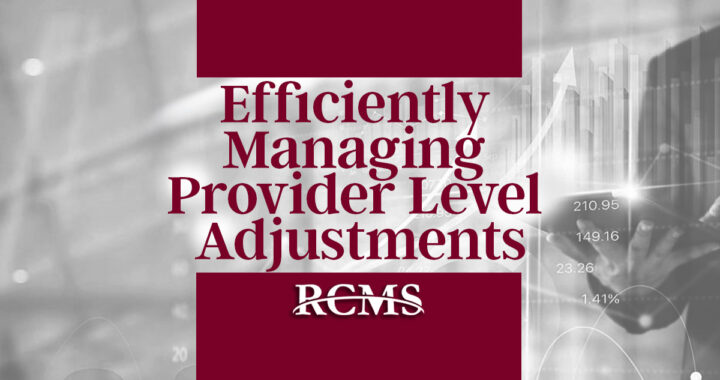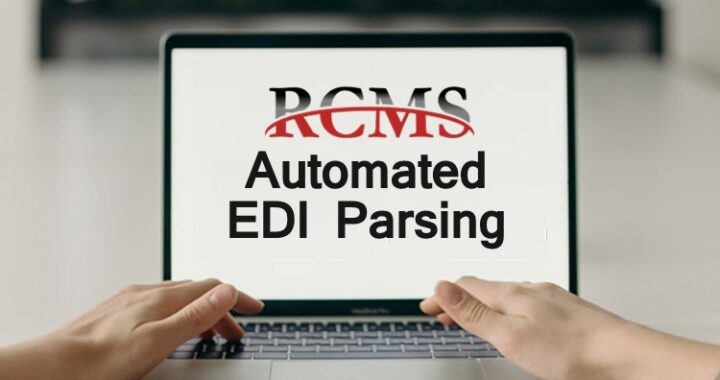What Are Provider Level Adjustments?
Provider Level Balance Adjustments (aka PLBs) are used to convey adjustment information in 835 files that can increase or decrease healthcare provider payments. It can be confusing to follow and determine what is truly owed for a claim because overpayments are often made by healthcare insurance companies, or interest might have accrued due to late payments. The insurance companies (i.e., payors) will then send correspondence to the provider organizations requesting a refund for the overpaid claim. They will then either receive a refund to be processed for the overpaid amount, or they will not receive a refund in the time allotted. That balance will then move forward to a future 835 file for overpayment recovery.
Re-Association of PLB Transactions
Within a multi-hospital, multi-practice organization, the process of identifying a particular business unit or practice group associated with these provider level adjustments becomes exponentially more complex. This is often complicated by the variety and/or lack of information which can be useful to re-associate these transactions to a particular division or practice.
RCMS utilizes information provided by the insurance payors, along with any previous payment information collected, to identify the division or practice group for as many of these transactions as possible. For those adjustments that cannot be easily associated to a practice, the ReSolve® A/R Management Platform provides automated worklists identifying associated funds so they can be efficiently identified and appropriately transferred.
Multiple Offsetting Adjustments
In some cases, there may be multiple offsetting adjustments across multiple checks as forwarding balances are worked off. It is also possible that items may still be “in progress” from a payor.
While it may require a fair amount of research to tie everything together, some payors may have documentation on how they manage Provider Level Adjustments. If all else fails and a resolution cannot be found, you may need to call the payor to ask for more details to help with the research process.
Working with RCMS
By leveraging a single cash management platform, RCMS ReSolve® manages the data capture, parsing & batch balancing, validation, and bank reconciliation for multiple EMR/Host Billing and Practice Management Systems.
RCMS automated workflows and worklisting tools can increase efficiency, improve data accuracy, generate work queues and many other time-saving benefits. Contact Us today to schedule a call or presentation.
Editor’s Note:
A version of this article was originally published by ReMedics, LLC in “A Closer Look” client newsletter that deals with common payment processing, denial/defect and reconciliation issues. ReMedics is a sister company of RCMS, LLC with common ownership.


